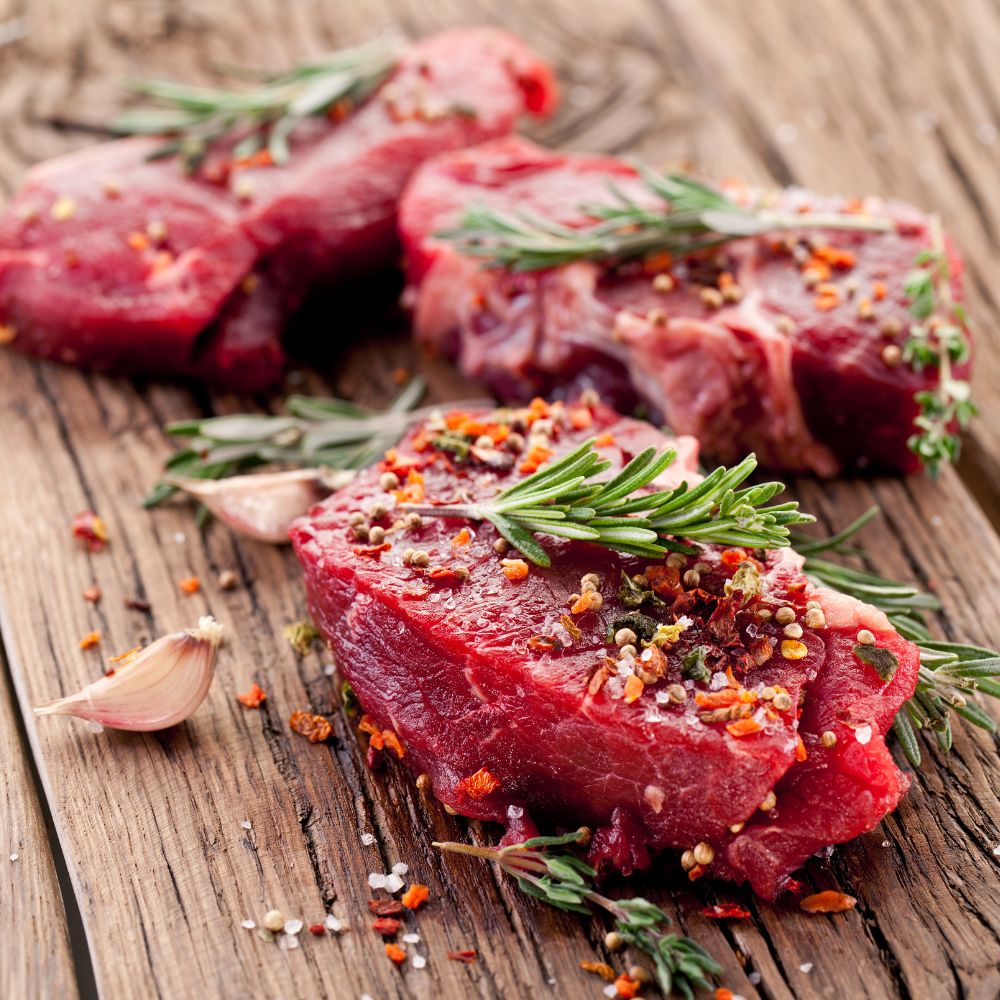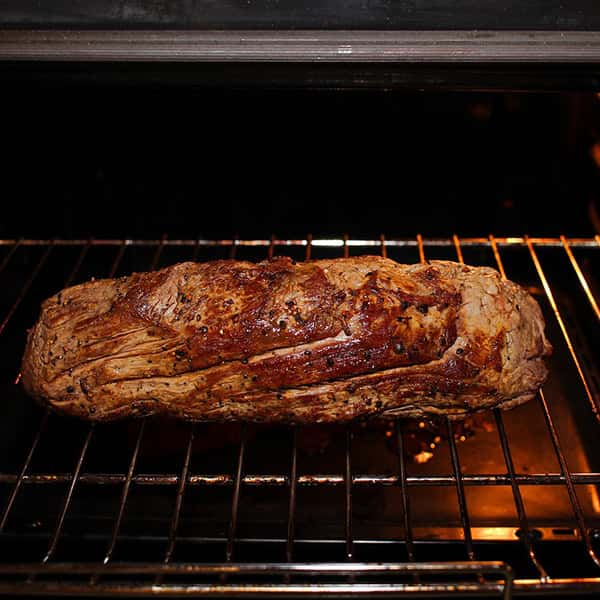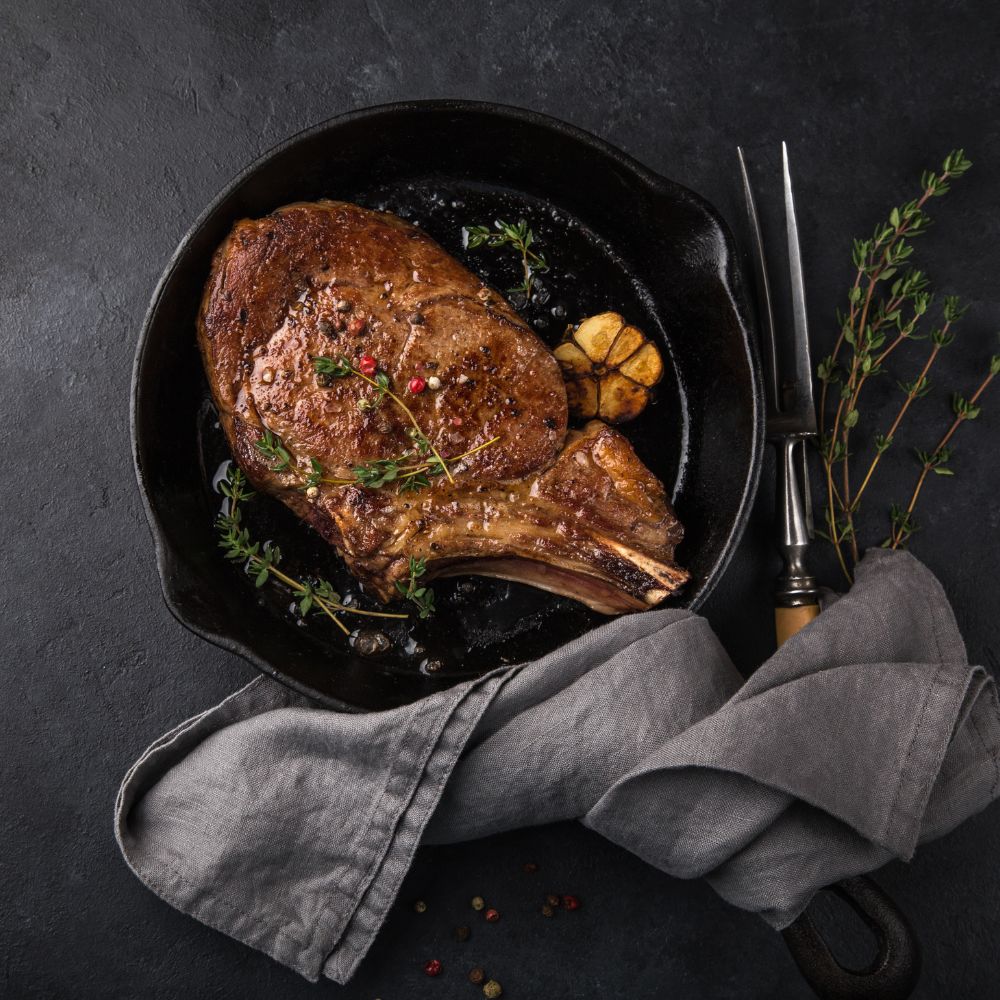Beef Tenderloin Nutritional Overview
The Beef Tenderloin is a particularly tender cut of meat. It is not only tasty but also contains a number of nutrients that make it an important part of daily nutrition. Proteins, fats, and vitamins – beef tenderloin has a lot to offer. We provide you with an overview.
Beef Tenderloin Protein Content
Anyone who wants to know more about beef tenderloin and its nutritional values should start with the protein content since it plays a very special role in human nutrition. Protein consists of amino acids, some of which the body can manufacture itself. However, nine of the 20 total amino acids cannot be produced by the body. These are called essential amino acids, which must be obtained from food. Beef tenderloin is one of the foods that contains all nine essential amino acids.
Additionally, biological value plays a role. With an egg, this value is 100. If the value is higher, the protein is better quality; if lower, it is less valuable. The value indicates how much body protein can be derived from the corresponding amount of protein from the food source. The protein in beef tenderloin has a biological value of 92. This value is very high but can be increased by combining it with certain foods. For example, combining beef with gelatin results in an even higher value.
Beef Tenderloin Fat Content
Compared to protein, the fat content is very low, amounting to only 4 grams per 100 grams of beef tenderloin. This makes the food not only very healthy but also low in calories, as fat provides 9.3 kilocalories per gram (protein, on the other hand, only 4.1 kilocalories). The beef tenderloin typically comes from young bulls slaughtered at 18 months of age. It has gained little fat, and if it does, it is removed by the butcher. The fat consists equally of saturated and unsaturated fatty acids. Specifically, the saturated fatty acids (palmitic acid, oleic acid, and stearic acid in beef) help in the digestion of fat-soluble vitamins and positively affect cholesterol levels.
Cholesterol is also present in considerable amounts in beef tenderloin, but due to its low-fat content, less than in other meats. The body regulates the cholesterol level in the blood itself, so healthy people do not need to worry. Only if the level is too high and a metabolic disorder is present does the cholesterol intake need to be reduced.
No Carbohydrates in Beef Tenderloin
Carbohydrates, as the third nutrient group, are mentioned here for completeness. Beef tenderloin contains, like all meat types, no carbohydrates. If you want to follow a low-carbohydrate diet, you should choose beef tenderloin.
The Vitamin Content of Beef Tenderloin
Beef tenderloin contains primarily the important vitamins B3 and B6, and in smaller amounts, vitamin B5.
Vitamin B3, also called niacin, plays a crucial role in digestion. 100 grams of beef tenderloin contain 4600 micrograms. With a recommended daily dose of 15,000 micrograms, consumers can meet their niacin requirements with 326 grams. Niacin is particularly important for the body's energy supply. A deficiency in niacin manifests as weakness and skin inflammations, and in severe cases, neurological disorders may occur.
Beef tenderloin contains 500 micrograms of vitamin B6 per 100 grams. This vitamin is involved in over 100 chemical reactions in the body. These affect fat metabolism, the immune system, and the formation of neurotransmitters important for the nervous system. A deficiency in vitamin B6 can result in throat inflammations and skin rashes. Severe deficiencies can lead to numbness in hands and feet and anemia.
Vitamin B5, or pantothenic acid, is the precursor of Coenzyme A, which is responsible for energy production, amino acid metabolism, hormone formation, wound healing, and more.
Minerals in Beef Tenderloin
It is especially noteworthy for its high iron content, which is 3.1 milligrams per 100 grams. Iron is crucial for the formation of hemoglobin, the red blood pigment that transports oxygen to body cells. Another important mineral is zinc, which is responsible for many metabolic reactions in the body. Many enzymes require selenium, which is also found in beef tenderloin.
Conclusion: Beef Tenderloin Is Healthy And Nutritious
Beef tenderloin is not only a very tasty meat but also contains a range of essential nutrients, vitamins, and minerals. For many people, it is a festive meal and should remain so. However, those who have tried a well-prepared beef tenderloin will certainly find occasions to enjoy this nutrient-rich dish more often.





Leave a comment
This site is protected by hCaptcha and the hCaptcha Privacy Policy and Terms of Service apply.